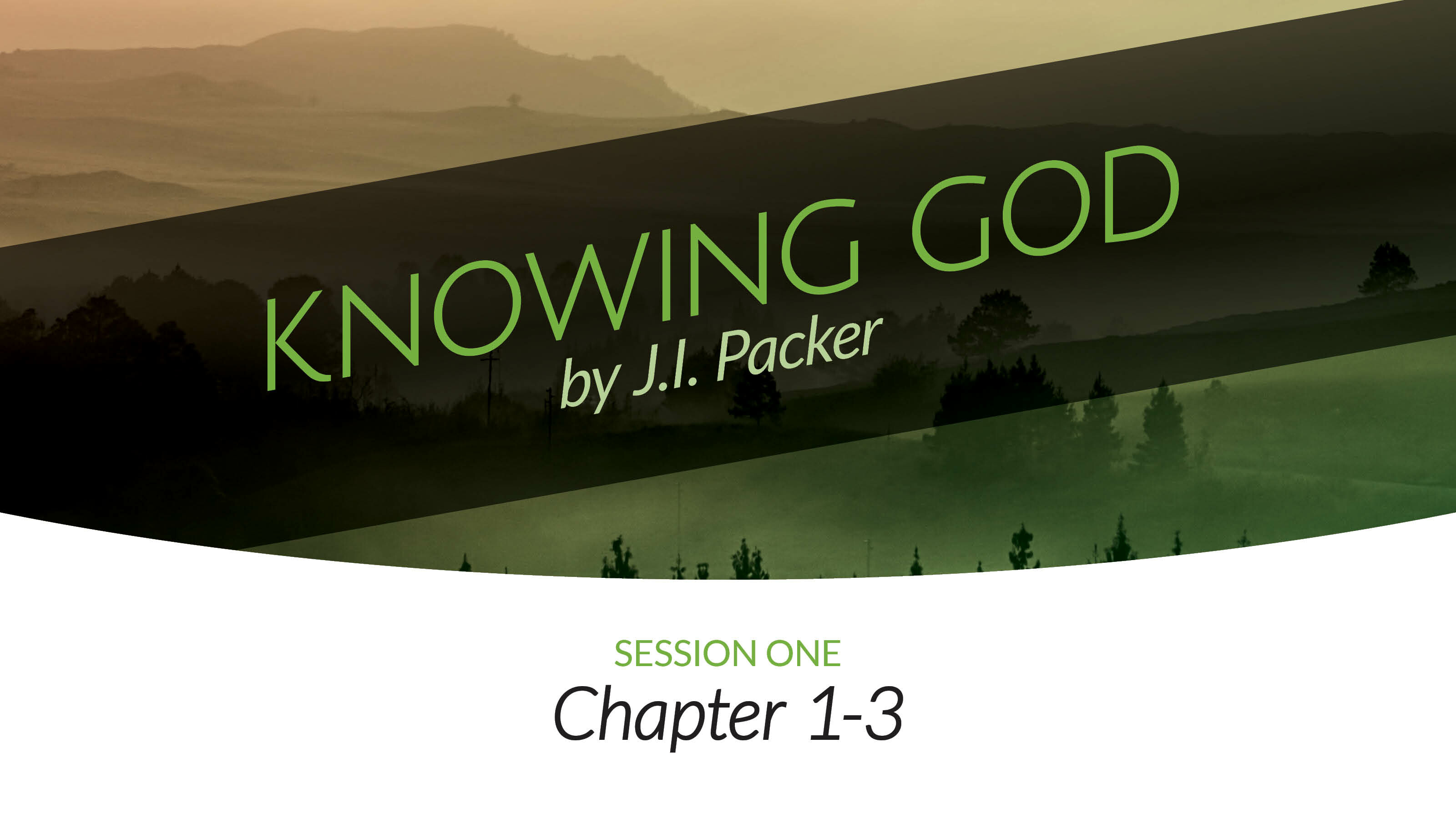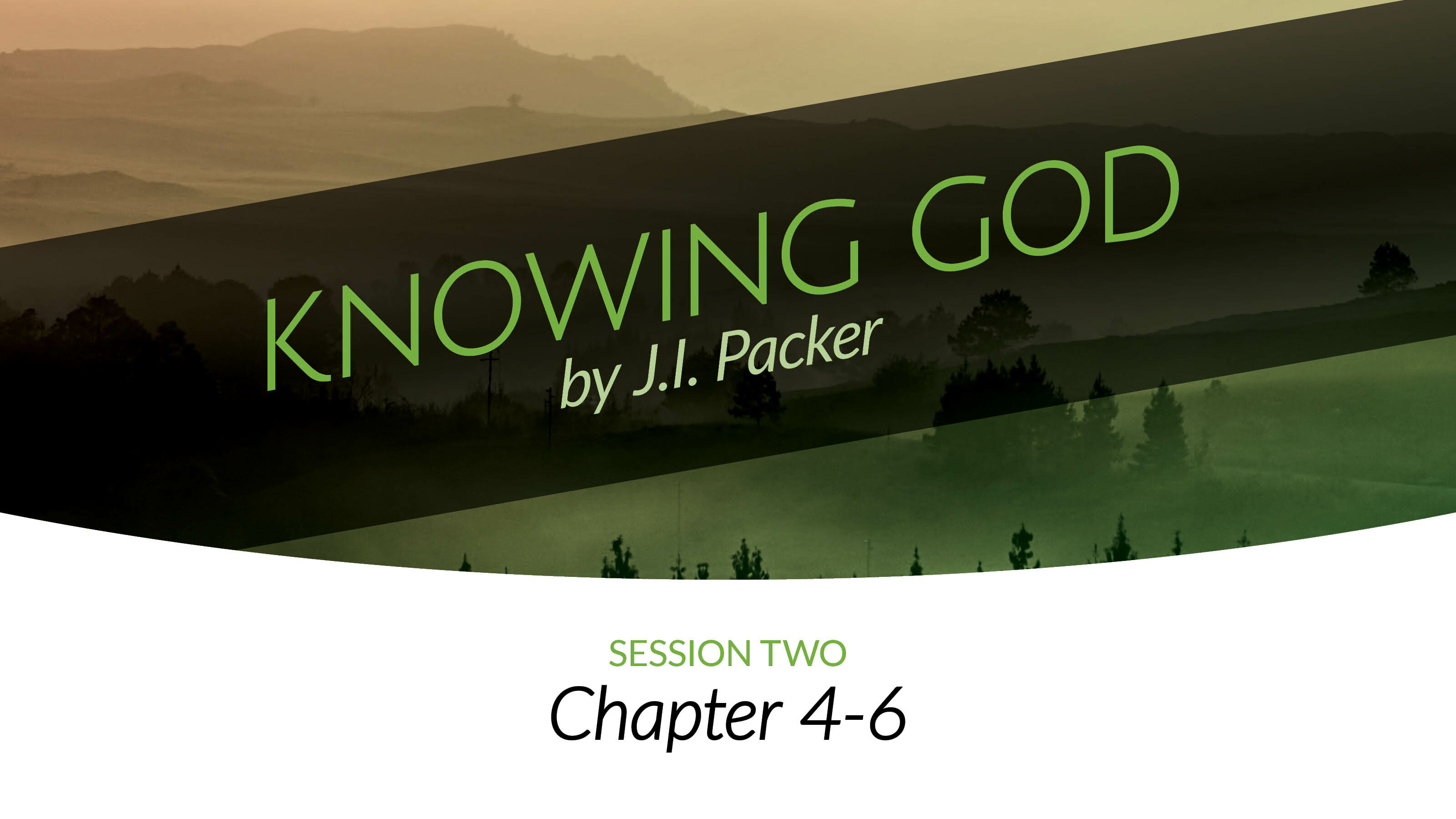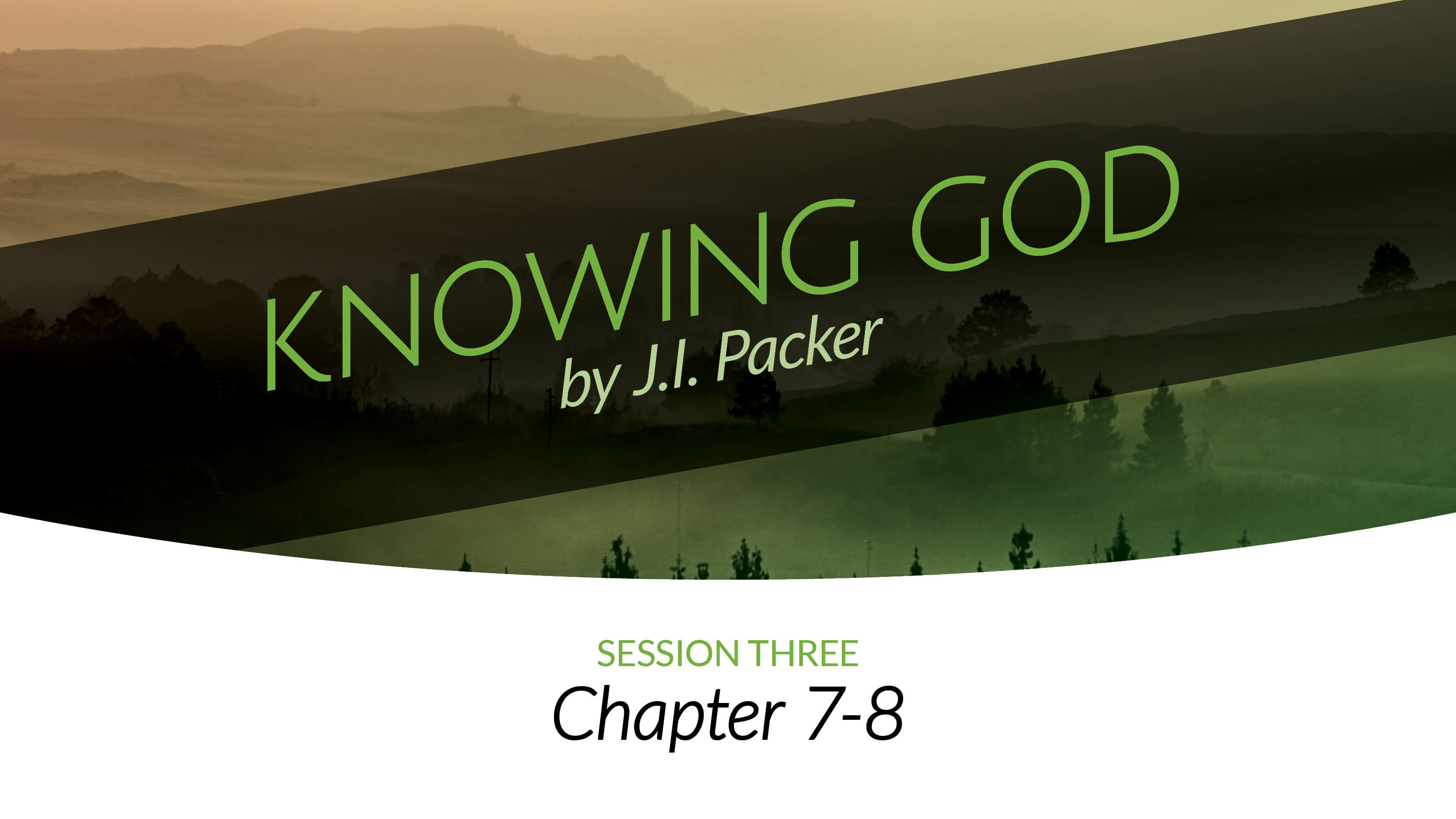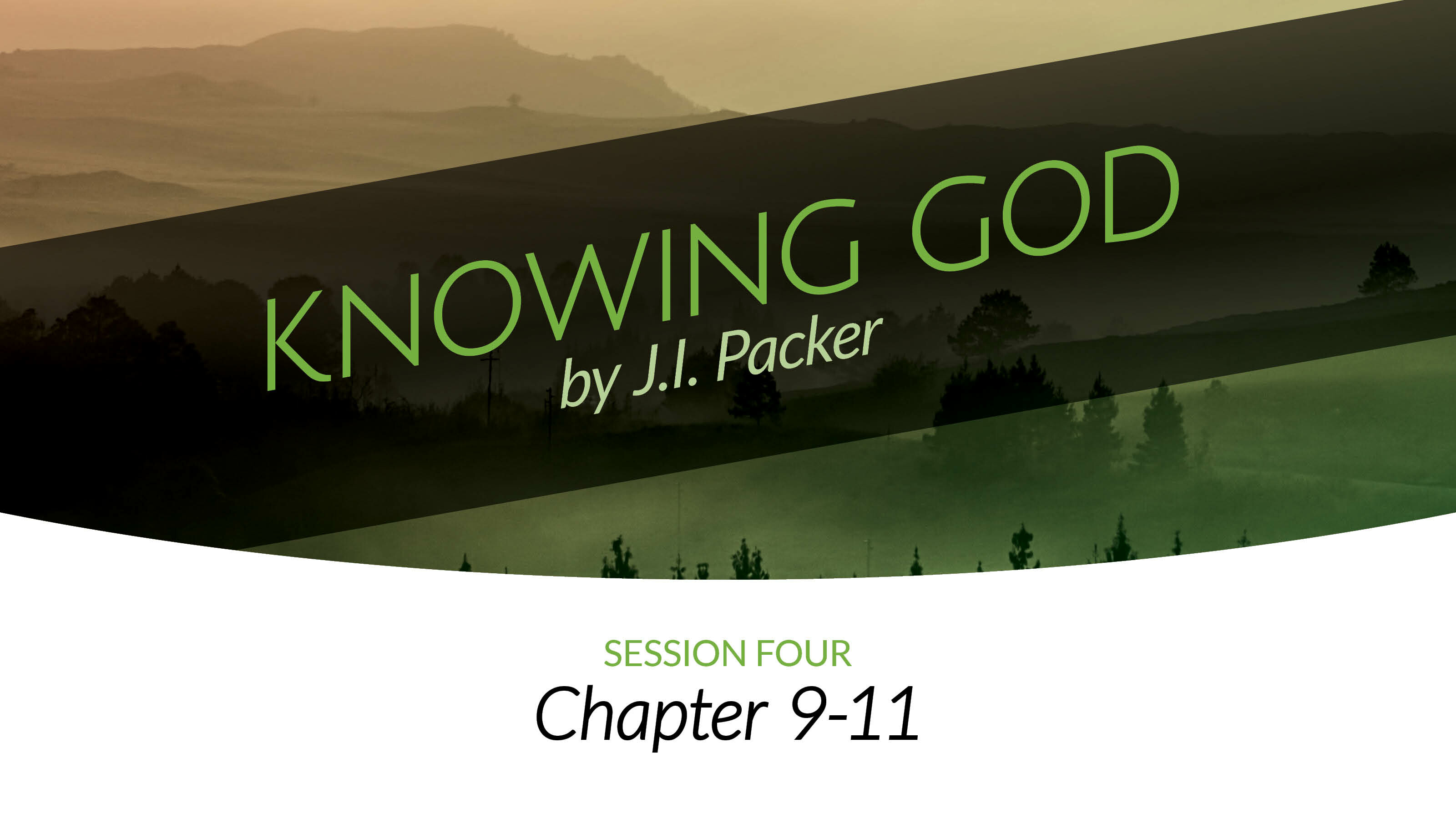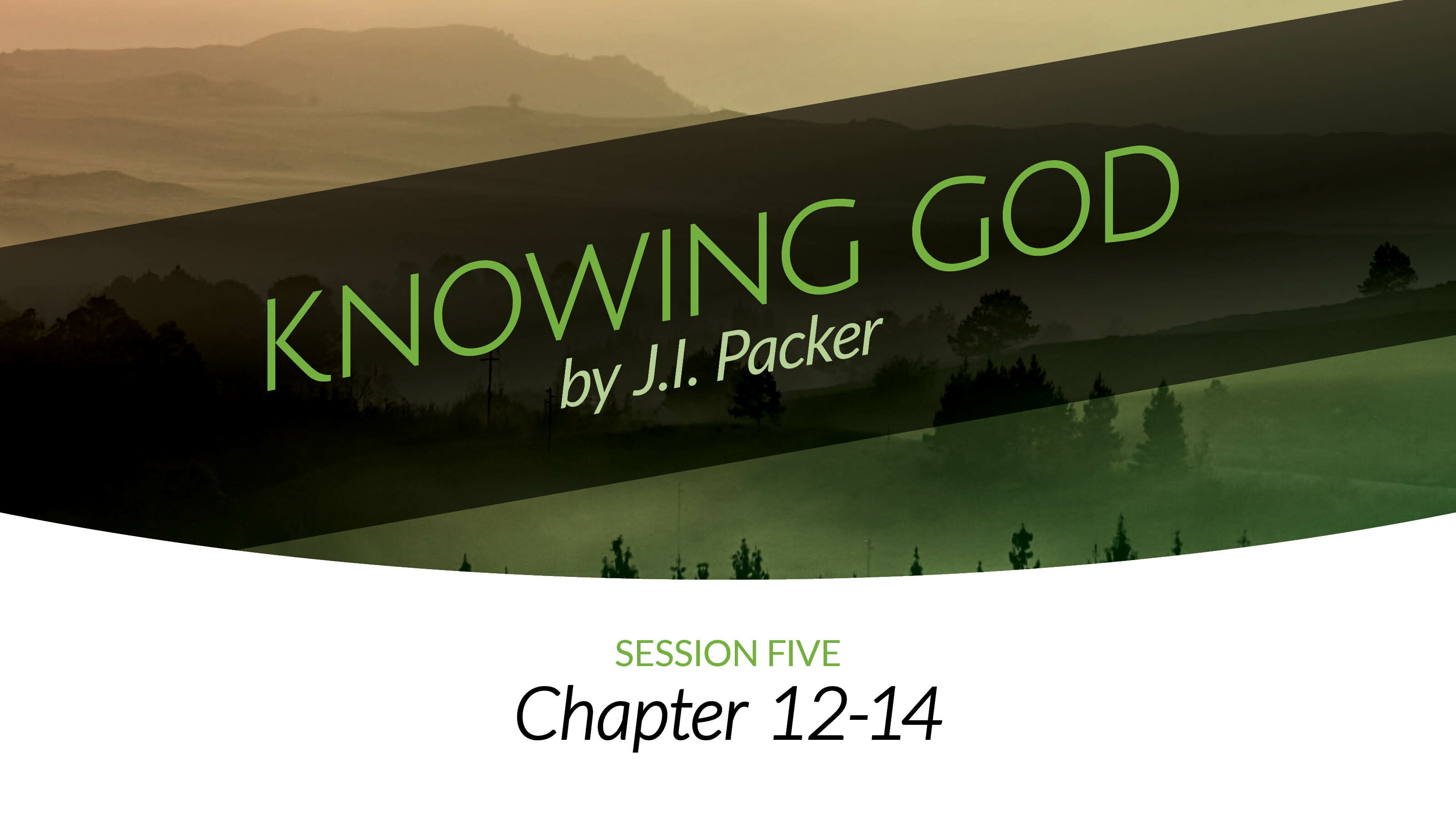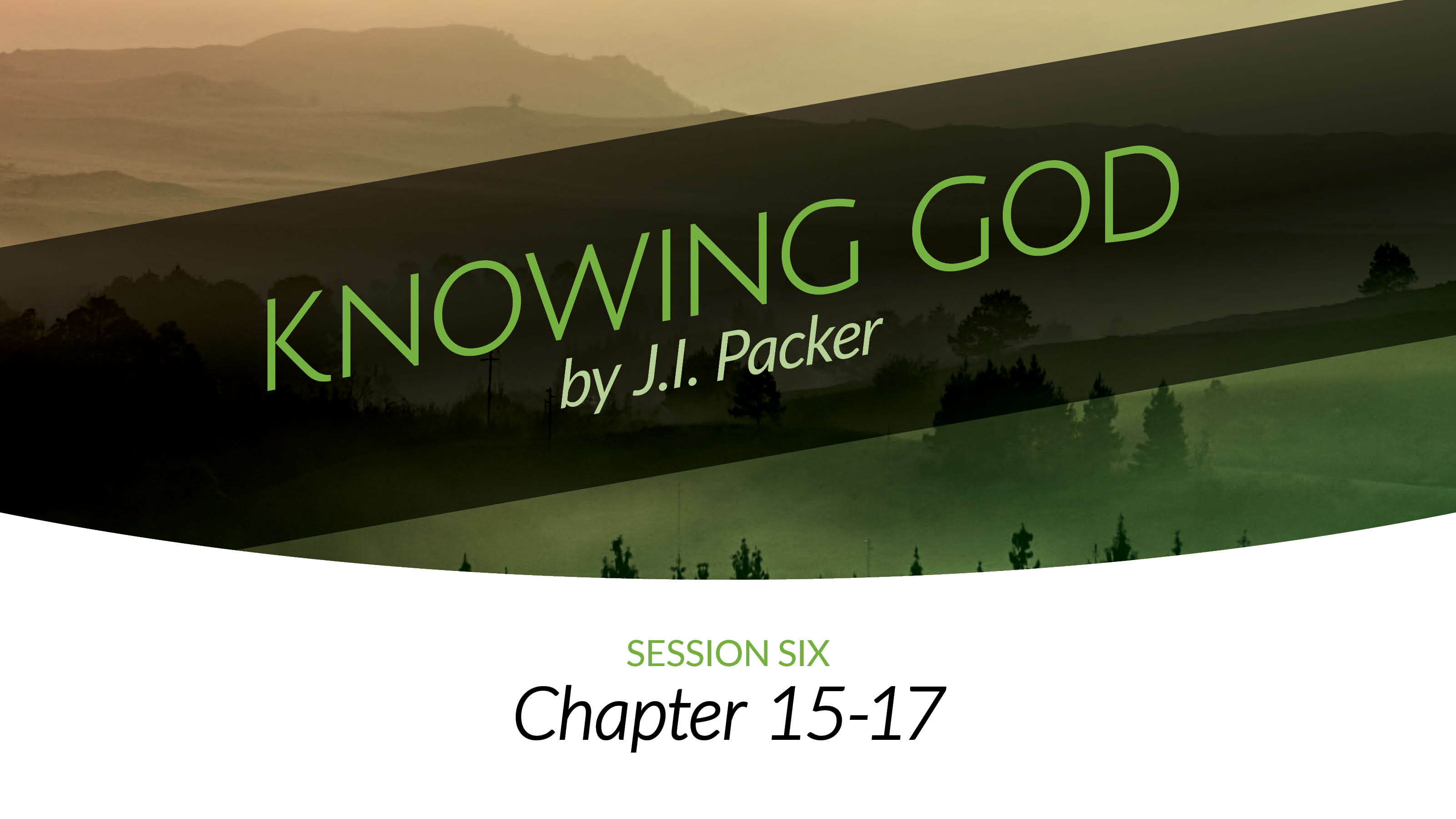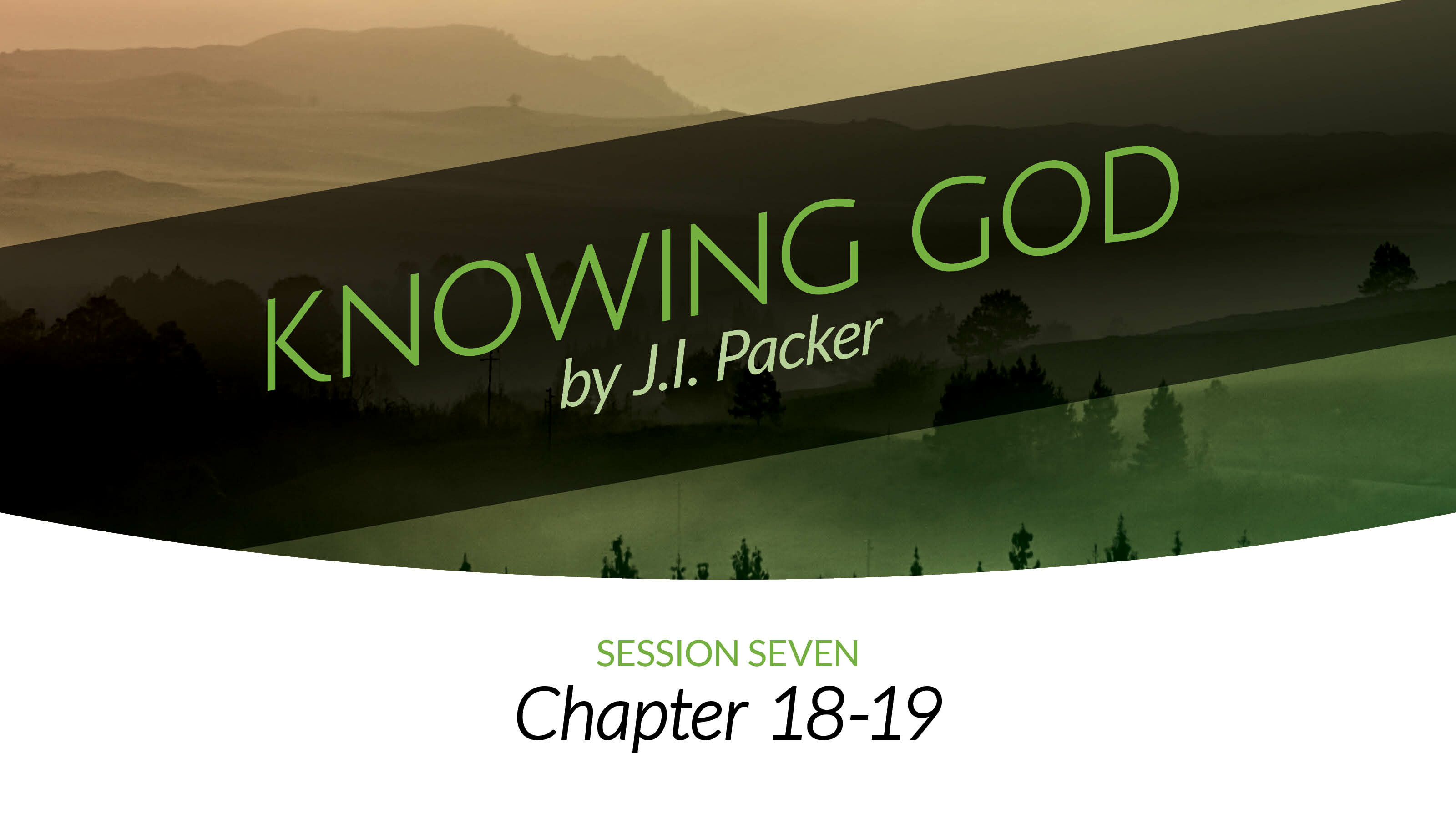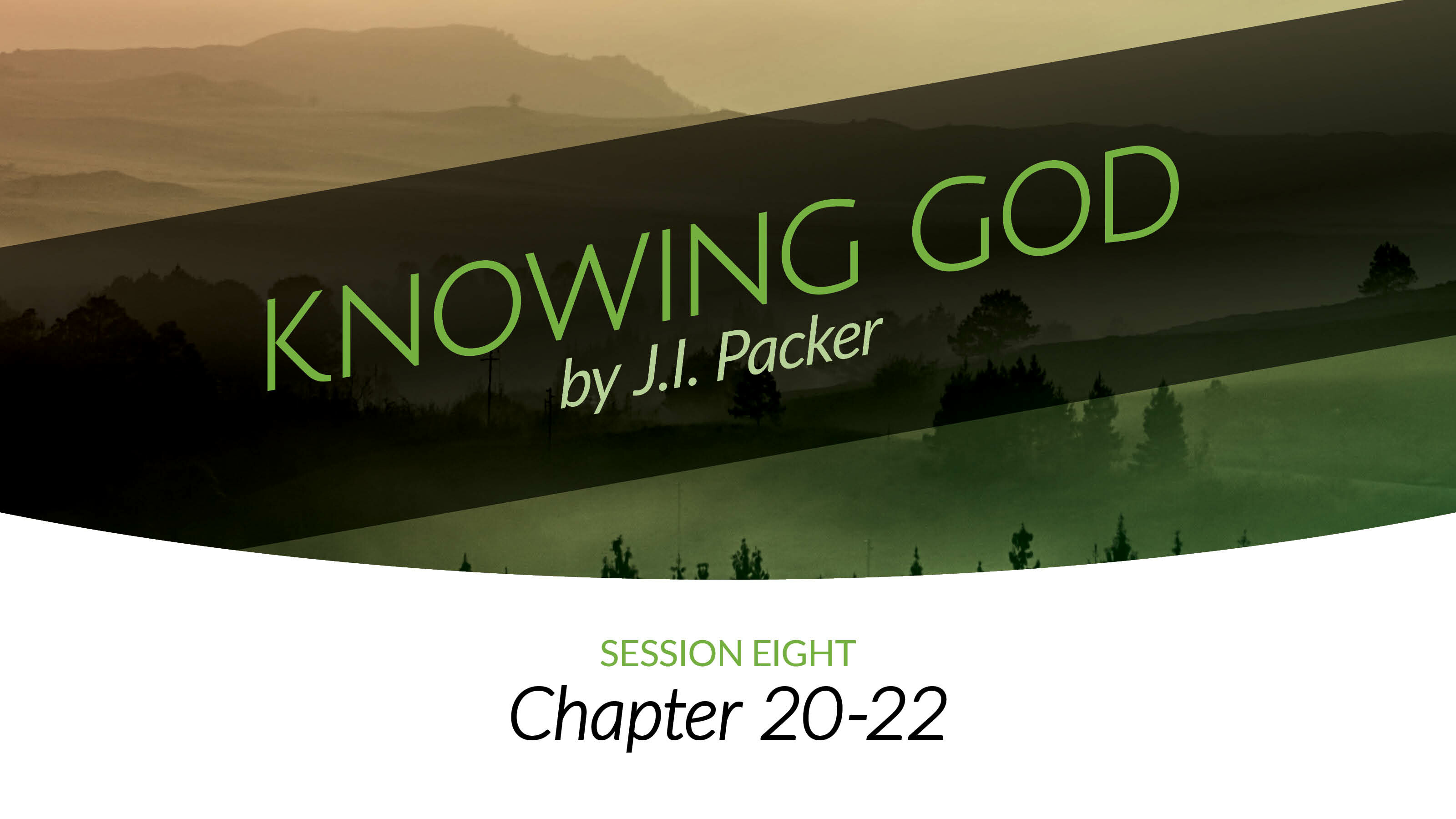Still can't find what you are looking for? Let us know how we can help.
Use the login below to access your InFellowship account.
Need an account?
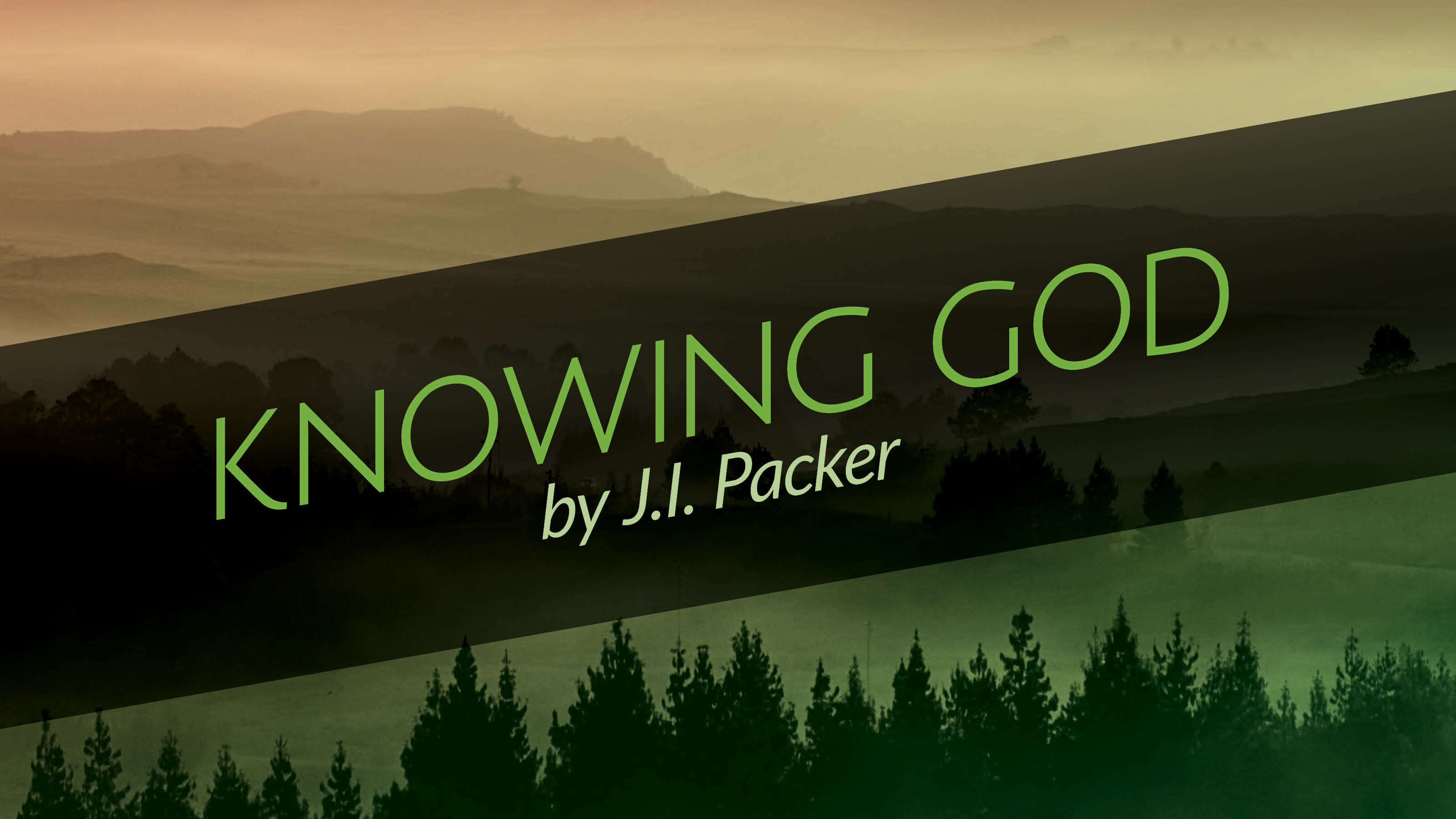
Study Description
"What comes into our minds when we think about God," wrote A.W. Tozer, "is the most important thing about us." That is true, but how can we know whether our thoughts about God are true or false? How can we know whether they accurately reflect God as He really is or whether they simply reveal our own private imaginings and impressions?
In 1973, J.I. Packer wrote Knowing God to answer precisely such questions. The book quickly became an instant classic and has nourished the souls of all who read it. In its pages, Packer speaks clearly and candidly about who God is, what He is like, and why we should care.
Details
- Length: 8 sessions
- Teachers: The Rev. Dr. Jonathan Bailes, The Rev. Michael Funderburk
- Leader's Guide: Discussion questions are available for small group leaders.
Access Leader's Guide
Watch the Series
1. Knowing God, Chapters 1-3
For 50 years, Knowing God has been hailed as one of the greatest Christian classics of modern times, selling more than 100 million copies, despite its once obscure author and challenging message. Nevertheless, generations of Christians have read and reread and been changed by this book, and our first session focuses on why.
2. Knowing God, Chapters 4-6
The main challenge to knowing God isn't disbelief. It's idolatry. Thus, J.I. Packer calls attention to our tendency to commit idolatry by worshiping false and misleading images of God instead of God as He really is. In this session, we discuss how to keep from falling prey to idols, and how to contemplate how God is made known in the person of Jesus Christ.
3. Knowing God, Chapters 7-8
"Your God is too small," says English clergyman, J.B. Phillips, and Packer concurs. We have a severely diminished understanding of God, owing in part to the wide gap between our own experience of God and that of the biblical saints who found themselves overwhelmed by the voice of God and the glimpse of His glory. In this session, we explore the invitation to know our incredible God.
4. Knowing God, Chapters 9-11
In an increasingly complex and confusing world, where do you look for truth? Packer's answer is simple: God. For God is all-wise, and he desires to impart his wisdom to us. But this does not mean that we can understand precisely what God is doing and why. Only through close attention to his word, we may discover what is true, valuable, and the right way forward.
5. Knowing God, Chapters 12-14
Since the early days of the church, we have been tempted to divorce our understanding of the grace and love of God from the reality of God's judgment against sin. J.I. Packer thinks this is a grave mistake. In this session, we explore how love, grace, and judgment intertwine and why Packer thinks it is essential to hold them together.
6. Knowing God, Chapters 15-17
We often fall prey to caricatured portraits of God influenced more by pagan myth than Holy Scripture. We might assume God's wrath is temperamental and irrational; his goodness, careless and indulgent; his jealousy, petty and possessive. This session will help us sort through our misunderstandings about the attributes of God, that we might truly know Him.
7. Knowing God, Chapters 18-19
We come to the culmination of this classic work, wherein J.I. Packer explores the importance of what comes into our minds when we think about the word 'gospel.' Packer's three-word summary, "adoption through propitiation," is full of meaning which requires a theological understanding of the cross. In this session, we explore why the gospel matters so much to Packer and to us all.
8. Knowing God, Chapters 20-22
Packer made clear from the beginning that the purpose of knowing God is for our relationship with Him. In this session we explore two common misperceptions that hamper that relationship, our notions of God's guidance and God's grace. Finally, we finish with Packer's encouragement: if we devote ourselves to the pursuit of knowing God, we need not fear to lose anything essential.
![]()
Find "Christ Church Studies" on Your Podcast Provider
Never Miss a Podcast
Get an email notification whenever Christ Church Plano releases new video and audio content on podcast or livestream. Customize which notifications you would like to receive.
